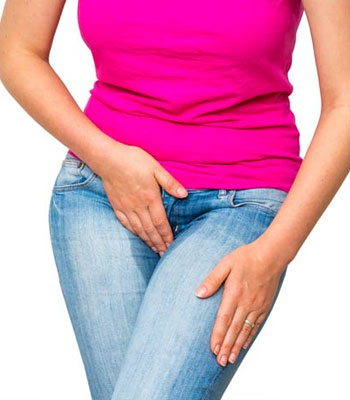
Urinary Incontinence
Urinary incontinence is the incapability to control urine elimination.
You may lose urine at times that you do not prefer to do so. Urinary incontinence is more general in older people, but incontinence can be seen in children, youth and adults, both male and female, although more women seem to undergo from this embarrassing condition than men. Incontinence is one of the major causes of aged people being put into nursing homes, and this makes some persons hide their condition rather than see a doctor to get assist.
Types of urinary incontinence.
Stress Incontinence : This is the most general kind of urinary incontinence in women. Urine is passed when there is increased stress on the bladder. This can happen as an involuntary act when you sneeze, cough, laugh, lift or exercise.
Stress Incontinence: is frequently seen in women who have had numerous normal childbirths and research shows it concerns up to 50 percent of women. Stress urinary incontinence is not as general in men, but they can suffer from this condition particularly if there is a history of prostate trouble.
Urge incontinence: Urge incontinence engages a sudden need to urinate. This is followed by involuntary loss of urine earlier than you can get to the toilet. Urge incontinence is most general in the aged. It could too because by a kidney or bladder infection.
Functional incontinence
Functional incontinence happens in people who have normal urinary manage but can’t get to the toilet in time as their movement is slowed by age connected problems like arthritis or other physical or mental disorders. Functional incontinence might occur after a major illness. It is also general in older people in nursing homes and other institutions. Functional incontinence accounts for approximately 25% of incontinence in the residents of long-term care institutions. To get cure from Urinary Incontinence get appointment with Dr.Inthu M.
Treatment
- Treatment options differ, depending on the cause, type, and harshness of incontinence you have.
- The major categories of treatment for urinary incontinence are
- Behavioral
- Bladder retraining.

